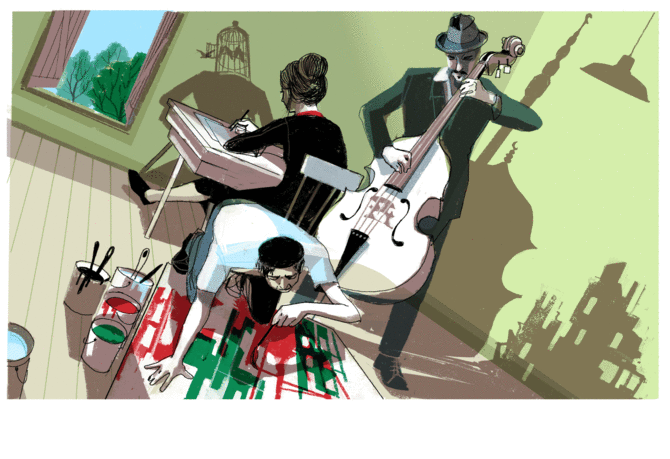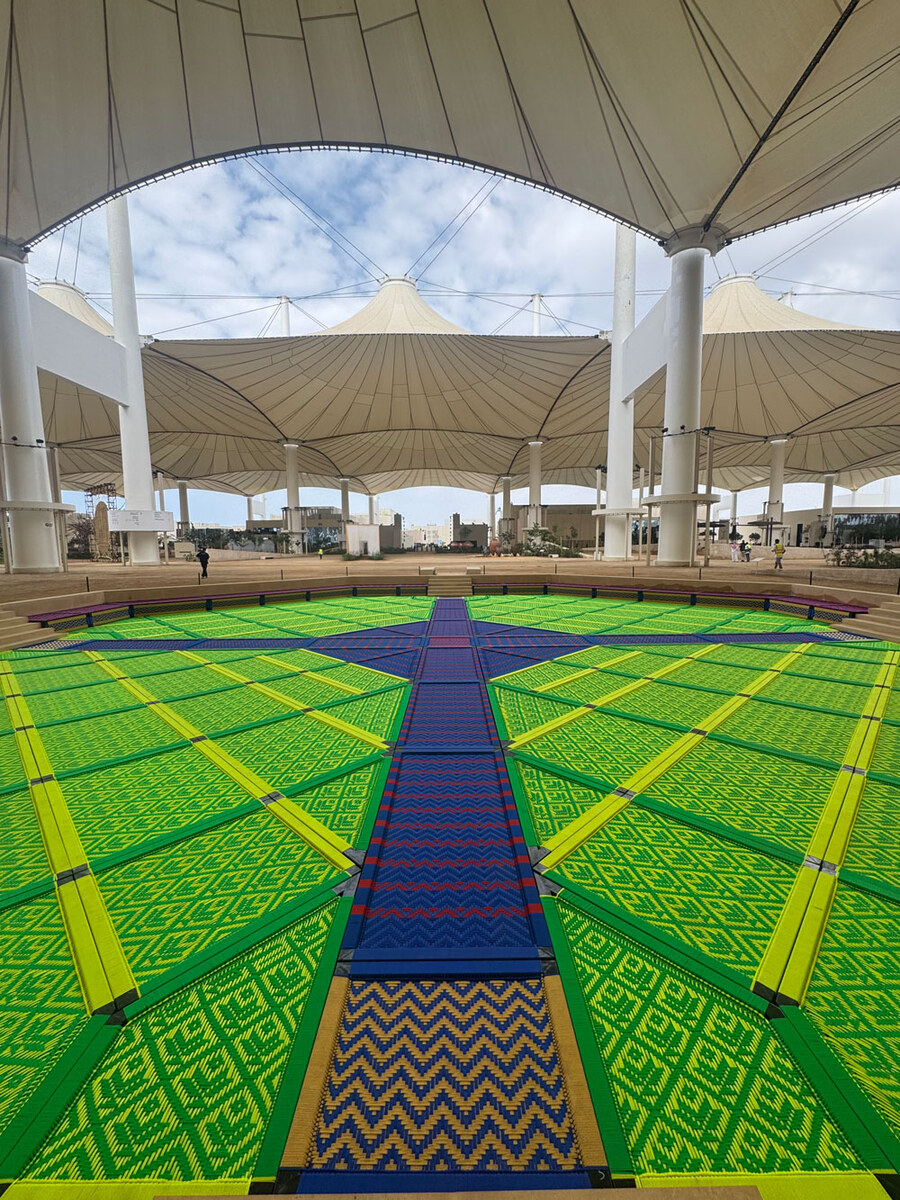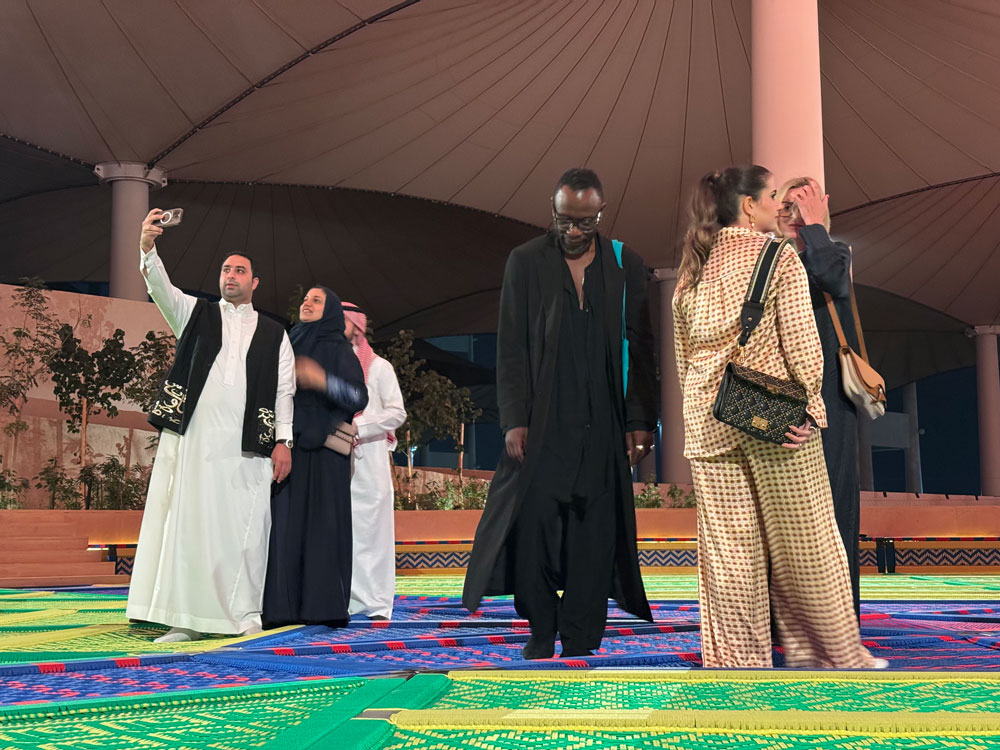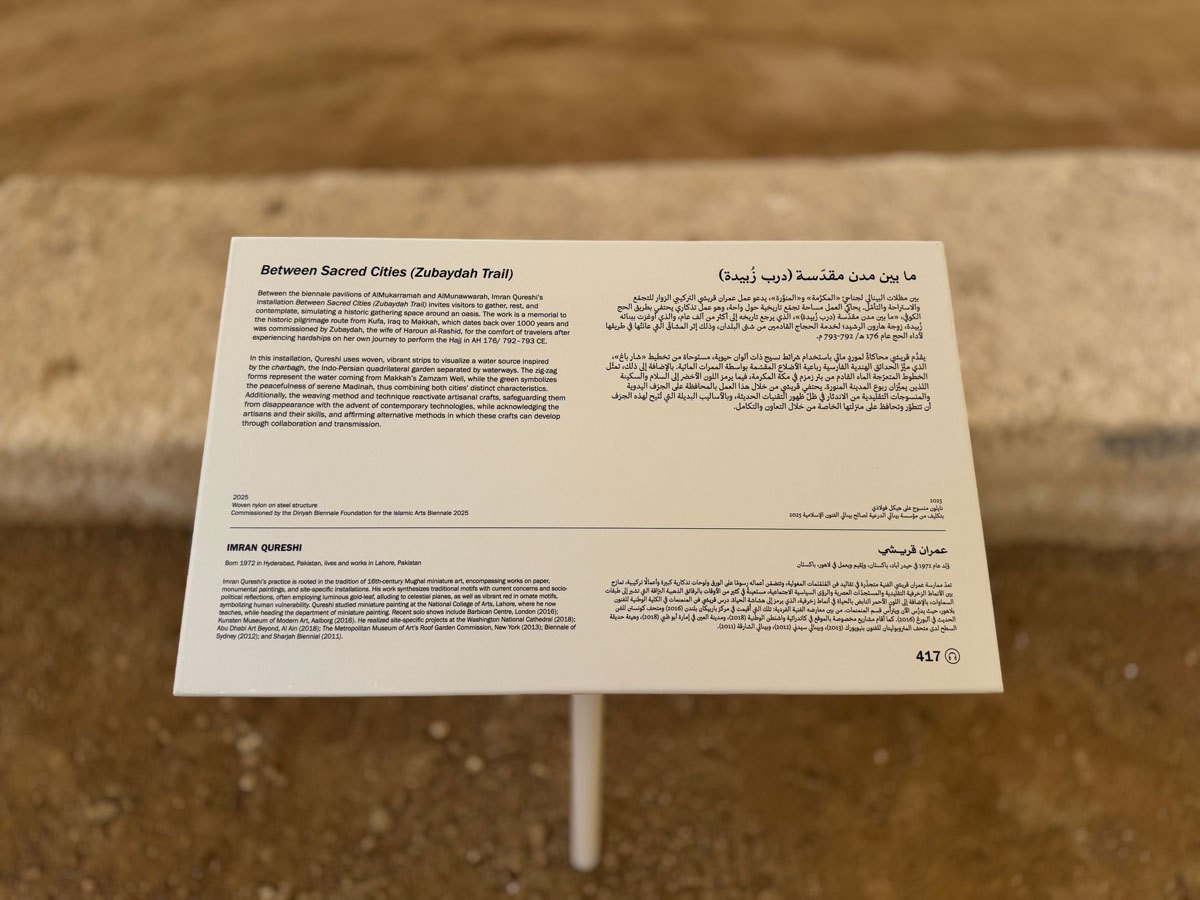DUBAI: “Being away from Syria is difficult,” young poet Maysan Nasser said. “Seven years later, it still feels like a phantom limb. It feels like the echo of white noise that is reverberating louder by the day.”
Nasser, a Beirut Poetry Slam champion, was talking separation: The idea that the loss of Syria is like an amputation. After seven years, she is still looking for answers to questions of home and belonging.
The first time I saw Nasser perform was last year during Zena El Khalil’s ‘Sacred Catastrophe: Healing Lebanon,’ a “40-day intervention” designed to permanently kick open the doors of Beit Beirut, a museum to the memory of the city in Sodeco. Her performance was raw and emotive.
The second time was in the basement of Riwaq Beirut, a coffee shop, cultural center and bar all rolled into one. She was addressing a small but appreciative young crowd and looked nervous. It was just a few weeks after she had launched the open-mic night ‘Sidewalk Beirut’ and the anxiety and jitters remained. In reality they shouldn’t. The crowd loves her.
“In this enforced distance from Syria, such communities have become my anchors,” she admitted. Yet her work, although deeply personal — sometimes painfully so — never directly discusses Syria or her home city of Damascus.
“I believe the distance of separation was the birth of my work,” she said. “It was in this distance that I was able to reconsider who I am, what my relationship to my family is like, what my relationship to my body is. I believe my poems to be attempts at understanding myself and my surroundings, but also my past.
“So when I speak about my mother and my relationship to her, I am also considering my mother’s past and the traditions she has internalized and passed on to me, which inevitably cast light on a time and place in Syria, and which inevitably expose my own connections and roots — or lack of, at times. This separation, in a sense, has coincided with a coming of age.”
At the same time as Nasser was hosting her early edition of Sidewalk Beirut, a mile or so away at The Colony in Karantina Zeid Hamdan, a pioneer of Lebanon’s underground music scene, was preparing to perform at Sofar Sounds. The venue —hidden up three flights of stairs in the Dagher Building — was little more than two empty rooms and an adjacent terrace. With him were the Syrian band Tanjaret Daghet (which means ‘pressure cooker’ in Arabic).
Hamdan has been performing with the trio since they left Damascus in 2011. Theirs is an energetic, sometimes harsh, alternative-rock sound, although that is changing. Their soon-to-be-released new album, “Human Reverie,” is as much about electronica as it is guitars and vocals.
“This pressure we’re living is kind of unique,” said Tarek Khuluki, the band’s guitarist and sometime vocalist. “You see people who are nagging about it or who are trying to use this pressure as a tool to escape the reality we’re living in, which can lead to unbalanced results. At the same time, you see people who are making the best they can with the little amount of nothing that they have. All they want is to see their ideas manifest themselves in art or in any other shape.
“Psychologically, we’ve learned not to think too much and not to play the role of victims, but to focus on our own language, which is music.”
It’s hard to discern whether the war in Syria has had a direct impact on Tanjaret Daghet’s work, or whether the wider woes of the Arab world are partially responsible for their sound and lyrics. They sing of political oppression and societal pressure, the absence of feeling and the loss of voice.
“We do not live the state of war in the real sense of the word,” says Khaled Omran, the band’s lead singer and bassist. “What we’re living is a kind of internal war, which has arisen from our instincts as humans. It’s our right to express ourselves through art and music because it’s more humanistic, and this has allowed us to meet several artists and to exchange expertise. Who knows, maybe if we had stayed in Syria, none of that would have happened.”
Outside of Beirut, up in the mountains of Aley, a series of old Ottoman stables have been converted into a residence for Syrian artists. Since it was first opened by Raghad Mardini in May 2012, Art Residence Aley has hosted numerous artists, including Iman Hasbani and Anas Homsi. Both now live in Berlin. Beirut, for some, is only transitory.
“It has given me a wider vision of the world,” says the artist and film director Hazem Alhamwi of his own exile in Berlin. “Maybe it’s more painful, but it’s more real. It is training for how to change pain into creative energy. Since 2014 I have been painting a collection I call ‘Homeland in the Imagination’. It might be our destiny to have Syria only in our imagination.”
Alhamwi is best known for “From My Syrian Room,” a documentary in which, through art and conversation, he attempts to understand how Syrians have learned to live with the distress and anxiety caused by war. It was while editing the film in France in 2013 that he realized he could not return to Syria, he said.
“I feel tired,” he told Arab News. “I feel as if I have one leg here — where I have to integrate, and want to — and the other leg in Syria, where I cannot stop being interested in what is happening. My family, my friends and my memories are still there. On the other hand, I feel like I am discovering another kind of violence, moving from living under a military dictatorship to the dictatorship of money. It’s a smooth violence written on smooth paper and put into a clean envelope. I feel myself in the stomach of the capitalist machine.”
For many exiled Syrian artists, their work is an expression of grief; a way to portray an overwhelming sense of loss. For others, those expressions are more subtle.
“We watch so many lies on TV, that it looks like art could be the only honest witness to modern times,” said Alhamwi, whose next film, produced by Zeina Zahreddine and Florian Schewe, will examine issues of identity. “Even many people’s facial expressions are not real. But good art is not only a mirror of the artist, but also of the spirit of the time they live in; or it’s at least the result of this reaction (of) the artist (to) the era.
“Art always tries to get people to pay more attention and not to repeat the same mistakes, but to learn from them instead. In wars, where the feelings of people are ignored and all the focus is on weapons, killing, fire and iron, art protects people’s real memory, away from any agenda or propaganda. It is this complicated memory that reflects the events, the emotions and the point of view of the artist. That is why art is needed in war as a special documentation. To tell the stories of people who didn’t get involved, because of position or fate,” he continued. “Art is a way for artists to survive in a world controlled by violence.”





















